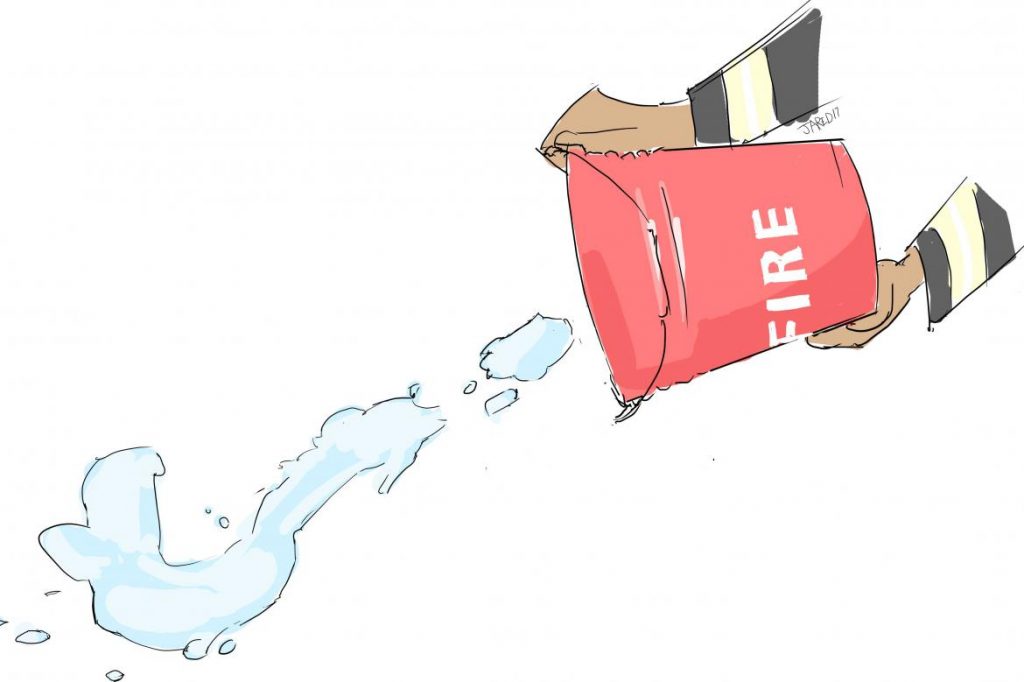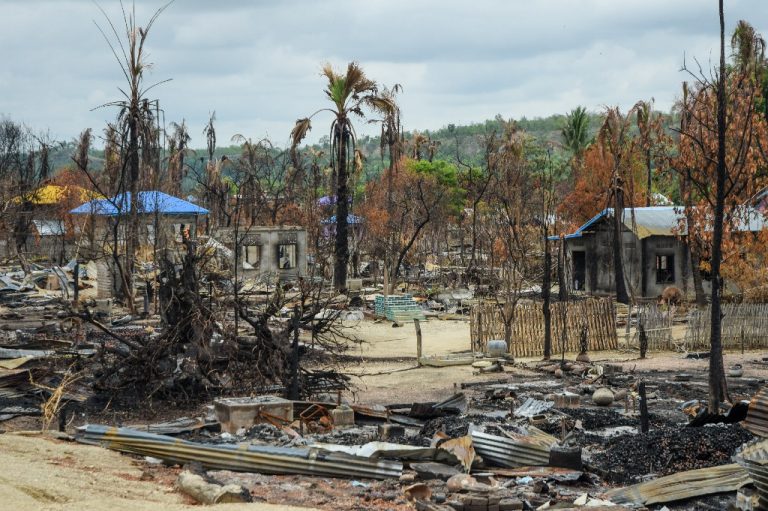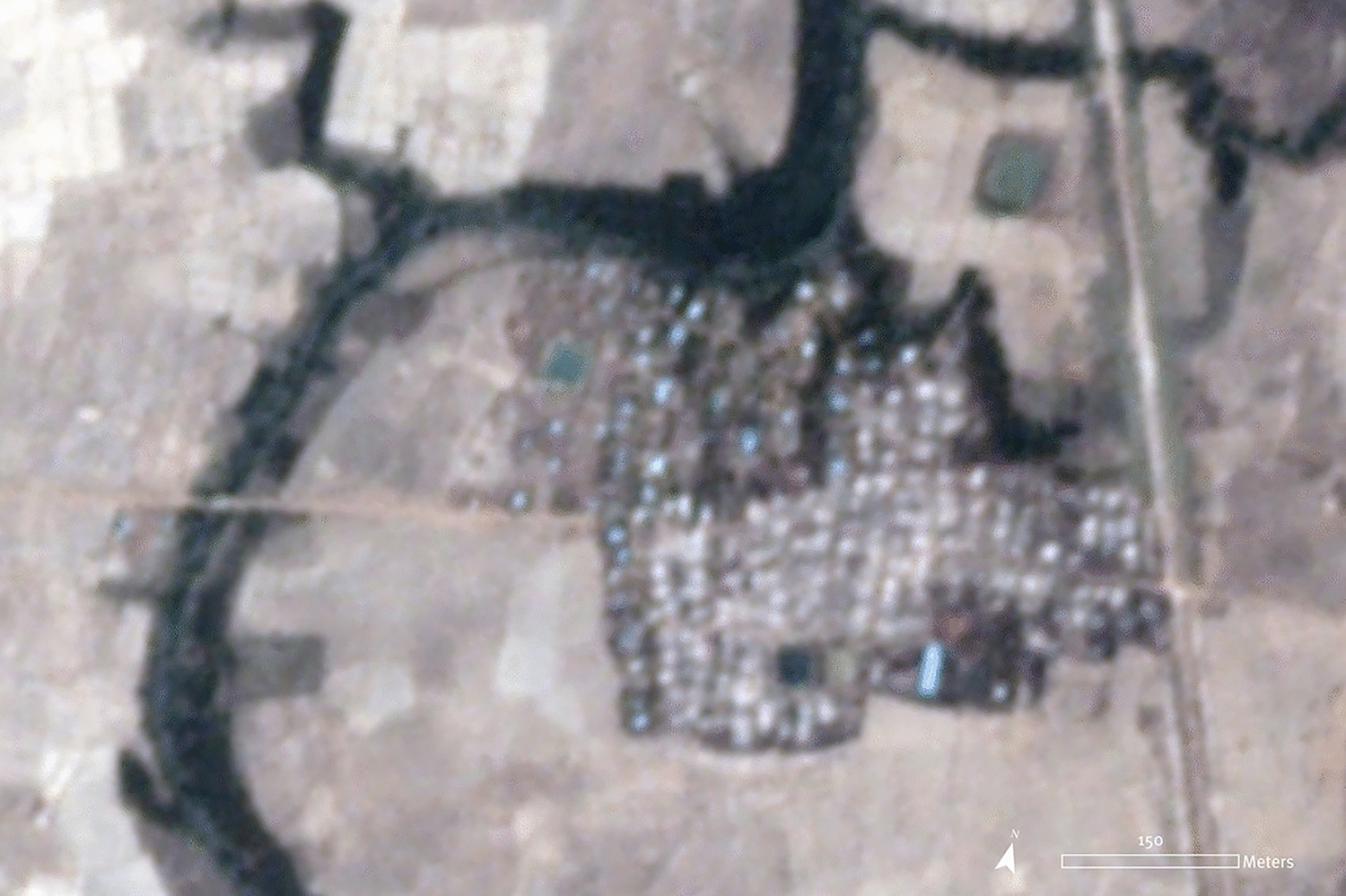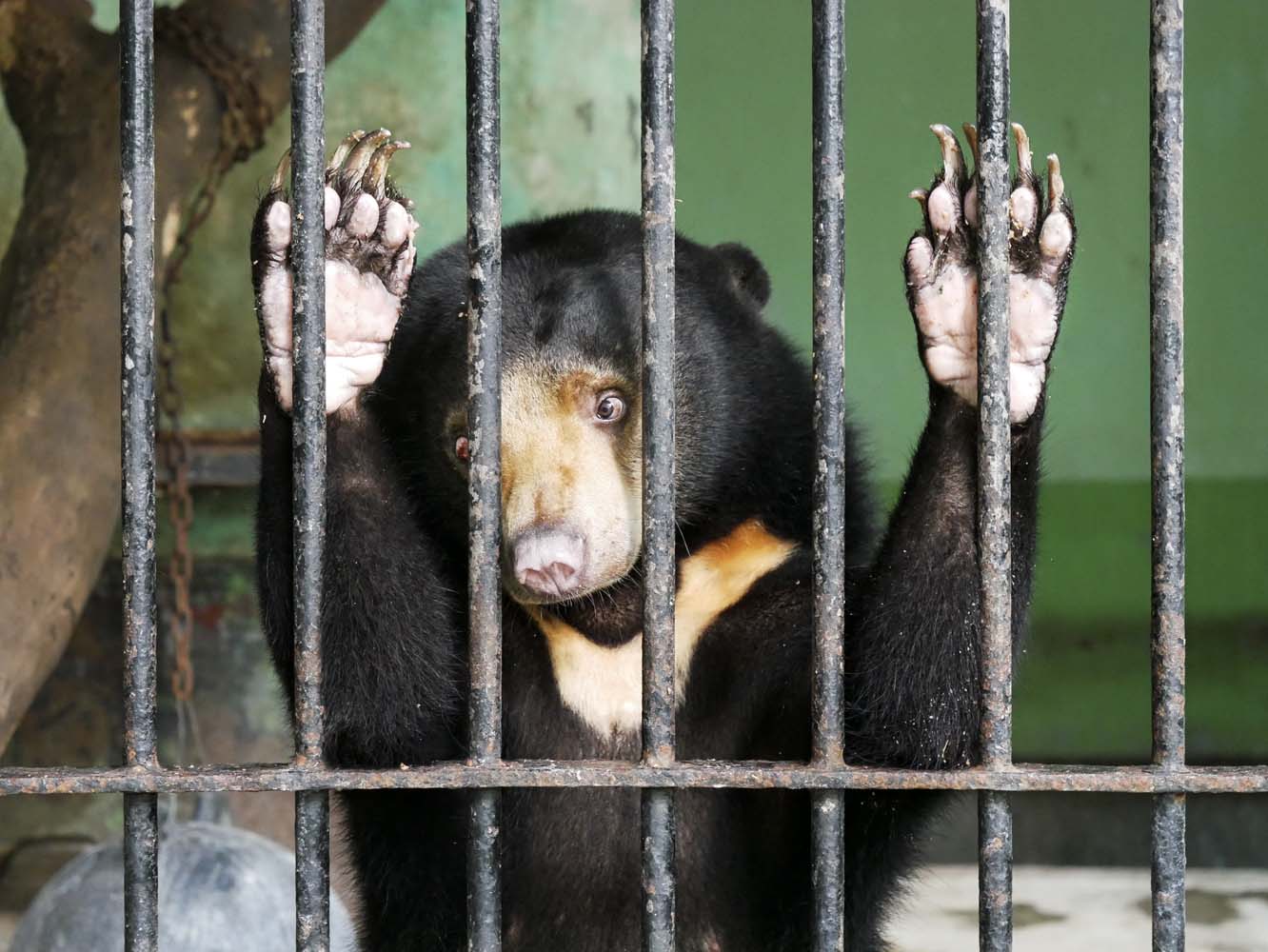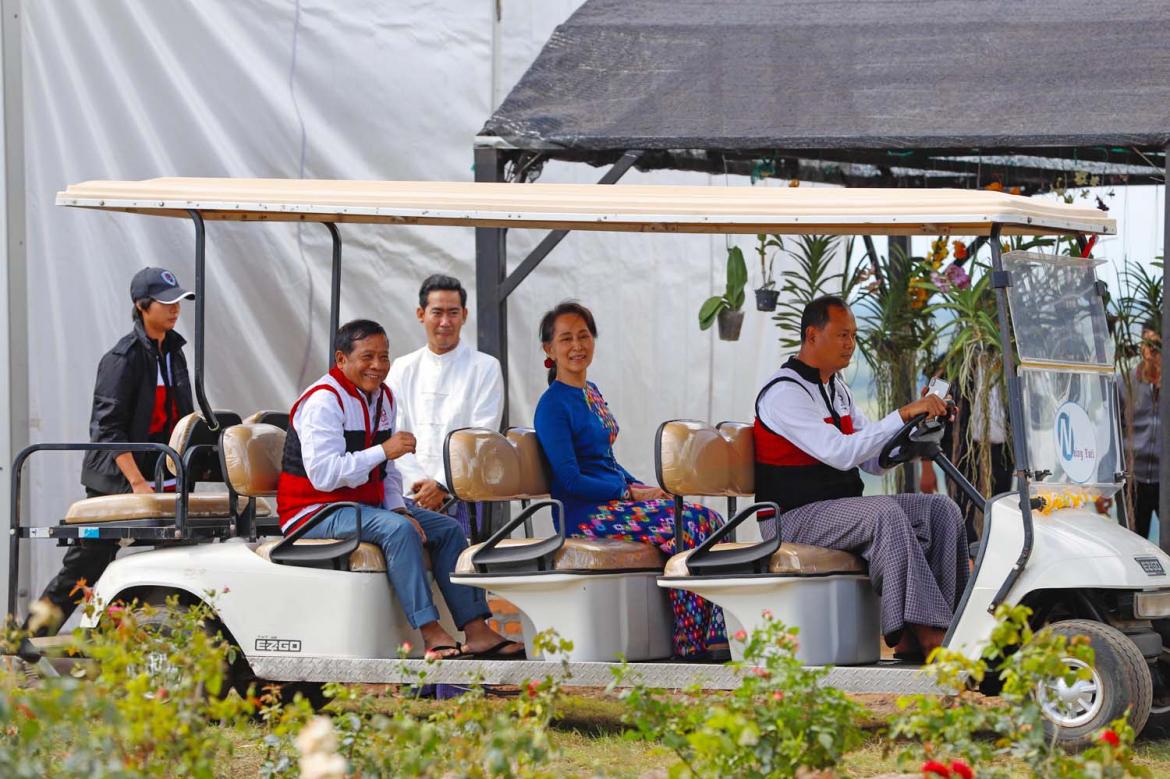Myanmar has seen its share of disasters. Let’s make sure that we learn the lessons.
THE FIRE at the Kandawgyi Palace Hotel on October 19 is above all a human tragedy.
Yes, the loss of such an iconic hotel is a sad day for Yangon. The Kandawgyi Palace boasted character and flair, unlike so many of the hotels that have recently been thrown up across the city.
But buildings can be replaced; people cannot. Sadly, two deaths have been confirmed in the wake of the disaster. At the time of writing, a member of the Fire Services Department remains in a critical condition and is fighting for his life. Frontier’s thoughts are with the victims’ relatives and friends, who will no doubt be struggling to come to terms with their loss.
We also pay tribute to the firefighters who battled for hours to extinguish the inferno, and the staff at Kandawgyi Palace who risked their own lives to usher guests from their rooms before the fire took hold. Without their combined efforts, the death toll would undoubtedly have been higher.
There have been questions raised about the adequacy of the fire safety measures at the Kandawgyi Palace Hotel, as well as an apparent delay in informing the Fire Services Department. As Frontier and others reported, guests said they neither heard a fire alarm nor saw evidence of a sprinkler system being present or activated. The hotel management insists that both were working.
Support more independent journalism like this. Sign up to be a Frontier member.
These are questions for the authorities; what is important now is a transparent and impartial investigation. Those who have perished deserve nothing less.
If the hotel management is found to have been negligent, the old practice of allowing a low-level manager to take the blame should not be tolerated. Real questions need to be asked about who bears responsibility. At the same time, the reflexive response of the authorities – to blame someone, anyone – similarly needs to be left in the past. They need to accept that sometimes nobody is to blame in the event of an accident.
But this tragedy should serve as a wake-up call – not just for the owners and managers of hotels, but all types of commercial and residential buildings, as well as the authorities tasked with ensuring they are fire safe.
A review of building codes and, more importantly, enforcement of those codes would be prudent. The Yangon City Development Committee, for example, is fairly diligent in ensuring that all buildings are equipped with fire escapes. Yet once construction is finished, very little attention is paid to ensuring that those fire escapes are properly maintained for their original purpose. Many are simply viewed by residents or management bodies as additional storage spaces and/or security hazards. In the event of a disaster, a locked fire escape effectively renders it useless.
Vocational training to improve the standard of electrical work, and a greater focus on maintenance of electrical systems, would also contribute to a safer environment.
But there’s only so much the authorities can do to monitor the fire safety of smaller buildings, such as walk-up apartments. Residents and owners need to take responsibility for ensuring their own premises are prepared for an emergency. There is much that can be done: installing fire alarms, keeping fire escapes clear, using reputable electricians, ensuring keys for security gates are accessible and replacing faulty appliances, to name but a few measures.
In the wake of a natural or man-made disaster, the best tribute that can be paid to the victims is to ensure that tragedy does not repeat unnecessarily. Yes, accidents will happen. But they can also be mitigated and sometimes even prevented completely through improved preparation and response.
Myanmar has seen its share of disasters. Let’s make sure that we learn the lessons.
This editorial was first published in the October 26 issue of Frontier.


